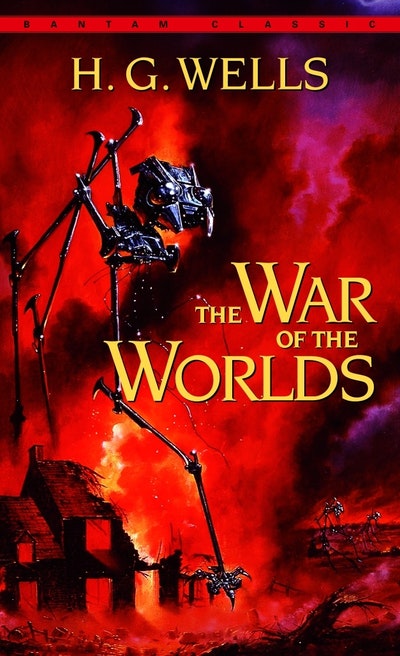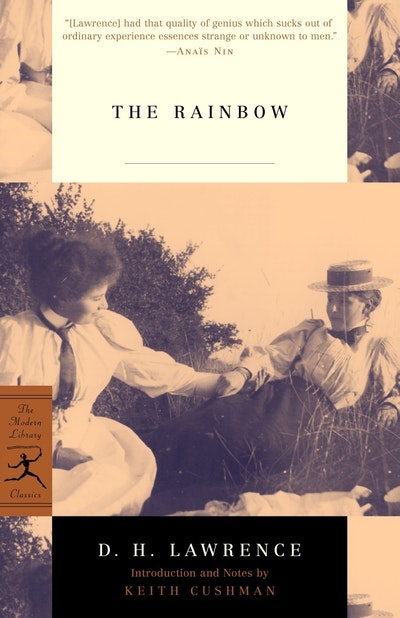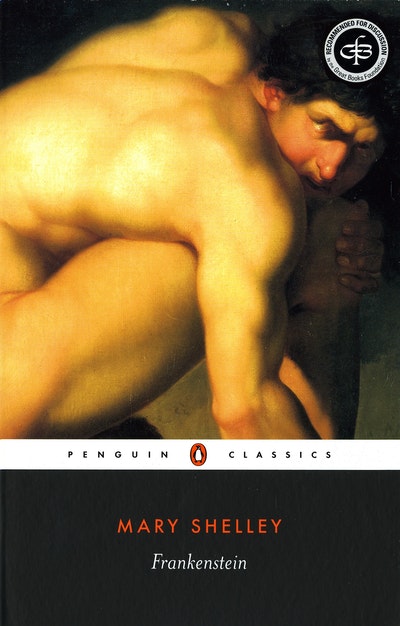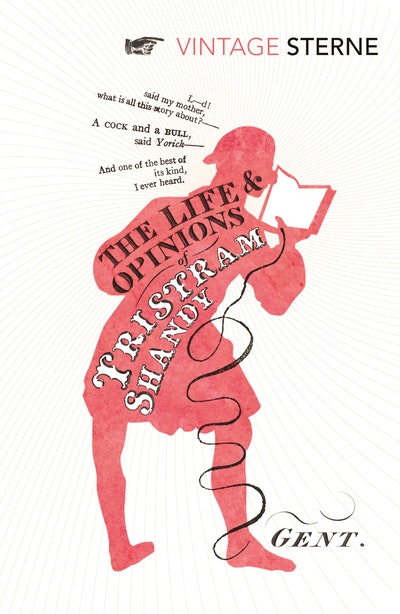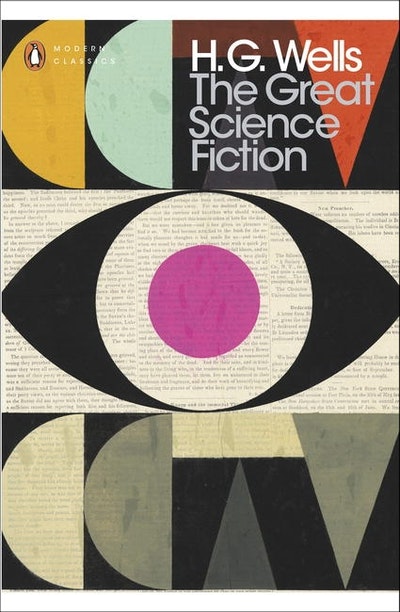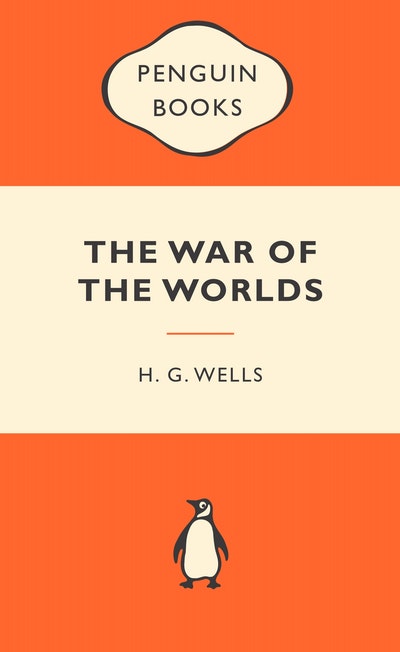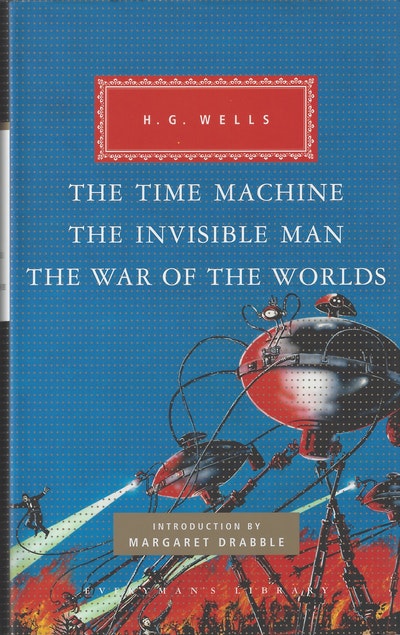- Published: 1 July 2003
- ISBN: 9780553213386
- Imprint: Bantam Dell
- Format: Paperback
- Pages: 208
- RRP: $17.99
The War of the Worlds
A beautiful new edition of the science-fiction classic, soon to be a major BBC drama
H.G. Wells's science fiction classic, the first novel to explore the possibilities of intelligent life from other planets, it still startling and vivid nearly after a century after its appearance, and a half-century after Orson Wells's infamous 1938 radio adaptation. The daring portrayal of aliens landing on English soil, with its themes of interplanetary imperialism, technological holocaust and chaos, is central to the career of H.G. Wells, who died at the dawn of the atomic age. The survival of mankind in the face of "vast and cool and unsympathetic" scientific powers spinning out of control was a crucial theme throughout his work. Visionary, shocking and chilling, The War Of The Worlds has lost none of its impact since its first publication in 1898.
- Published: 1 July 2003
- ISBN: 9780553213386
- Imprint: Bantam Dell
- Format: Paperback
- Pages: 208
- RRP: $17.99
Other books in the series
About the author
H.G. Wells was a professional writer and journalist who published more than a hundred books, including pioneering science fiction novels, histories, essays and programmes for world regeneration. He was a founding member of numerous movements including Liberty and PEN International - the world's oldest human rights organization - and his Rights of Man laid the groundwork for the 1948 Universal Declaration of Human Rights. Wells' controversial and progressive views on equality and the shape of a truly developed nation remain directly relevant to our world today. He was, in Bertrand Russell's words, 'an important liberator of thought and action'.
